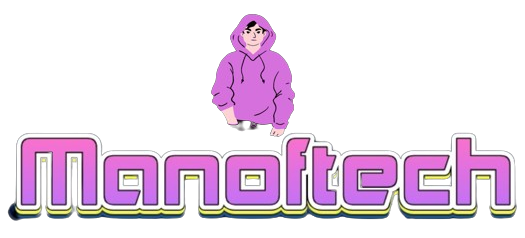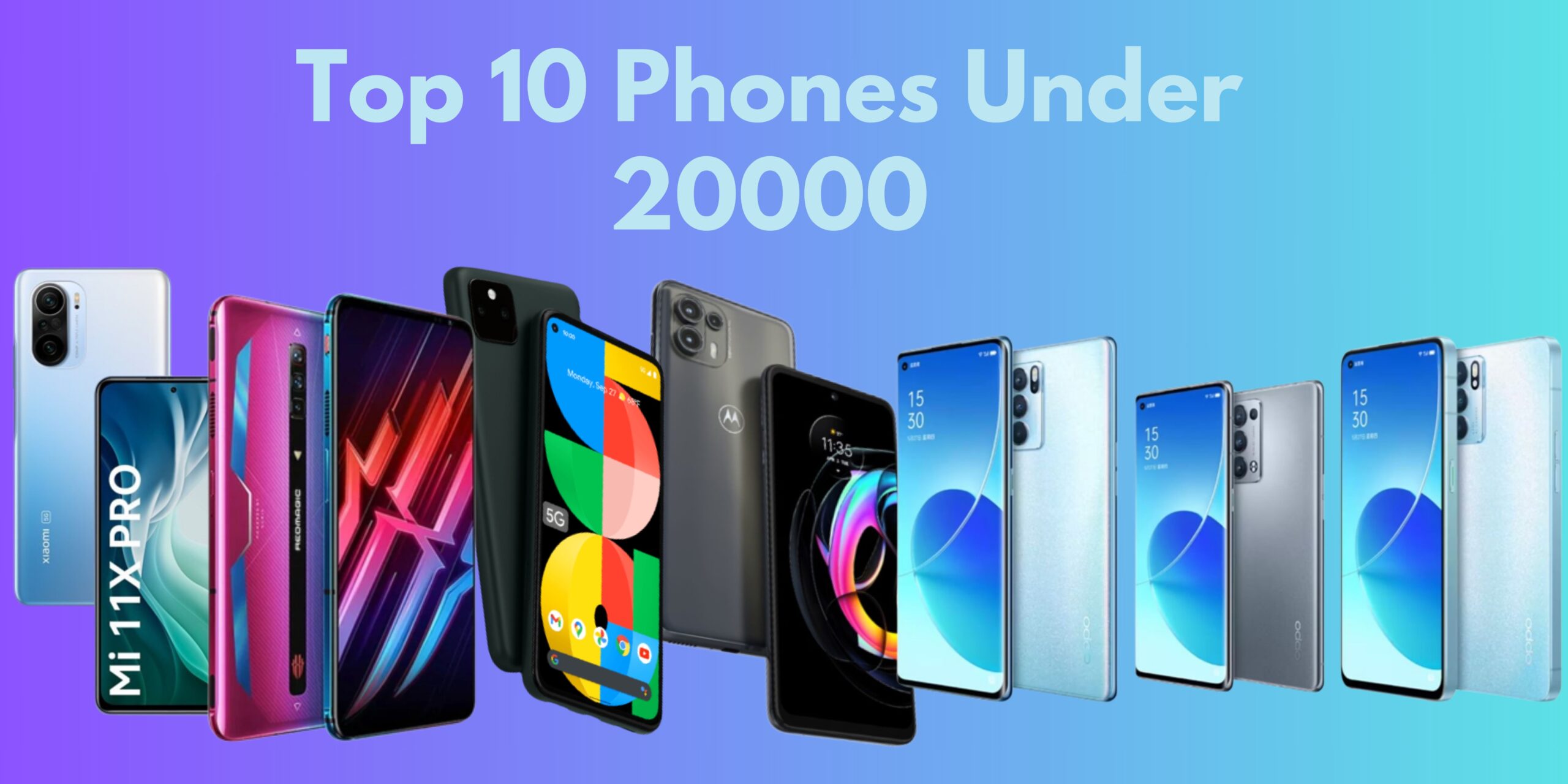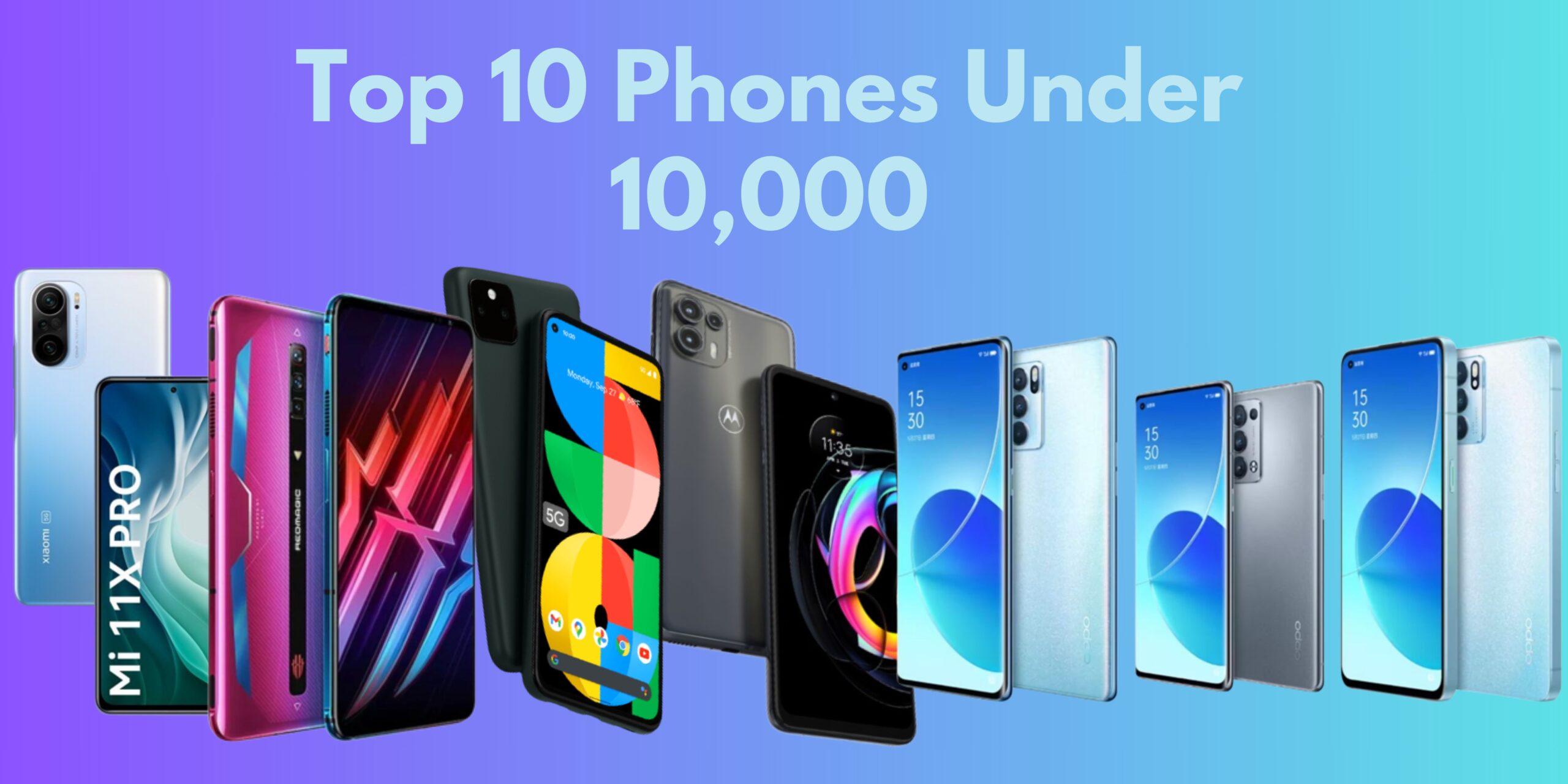In the dynamic realm of digital marketing, the integration of Artificial Intelligence or AI in content creation has emerged as a transformative force, particularly in content creation and marketing strategies. This article delves into the multifaceted ways AI is reshaping the landscape, from content generation to personalized marketing approaches.
AI-Driven Content Creation
Automated Content Generation: AI tools equipped with natural language processing capabilities can autonomously generate content. From blog articles to product descriptions, AI streamlines the content creation process, producing engaging and relevant materials at scale.
Enhancing Creativity: AI extends its capabilities beyond mere automation, contributing to creative processes. By analyzing trends and user preferences, AI algorithms can suggest creative elements, aiding content creators in developing more compelling and resonant materials.
Personalized Content Recommendations
Understanding User Behavior: AI algorithms analyze user behaviour, preferences, and historical interactions to understand individual preferences. This data-driven approach enables the delivery of highly personalized content recommendations tailored to each user’s interests.
Dynamic Content Optimization: Through continuous analysis, AI optimizes content in real time. From email campaigns to website content, AI ensures that each user receives content that aligns with their preferences, increasing engagement and conversion rates.
Predictive Analytics for Marketing Strategies
Anticipating Trends: AI excels in predictive analytics, anticipating market trends and consumer behaviours. Marketers leverage this foresight to align their content strategies with emerging trends, ensuring relevance and staying ahead of the competition.
Customer Segmentation: AI algorithms segment audiences based on various criteria, allowing marketers to tailor content for specific customer segments. This targeted approach enhances the effectiveness of marketing campaigns, resonating with diverse audience segments.
Chatbots and Conversational Marketing
Real-time Engagement: Chatbots powered by AI facilitate real-time engagement with users. Whether on websites or messaging platforms, these intelligent bots provide instant responses, answer queries, and guide users through personalized content experiences.
Data-Driven Insights: AI-driven chatbots collect valuable data on user interactions. This data contributes to a deeper understanding of customer needs and preferences, informing marketing strategies and content creation for more effective engagement.
SEO Optimization and Content Strategy
Keyword Analysis and Optimization: AI tools analyze vast amounts of data to identify relevant keywords and optimize content for search engines. This ensures that content ranks higher in search results, increasing visibility and attracting organic traffic.
Content Strategy Enhancement: AI assists in refining content strategies by identifying high-performing topics and formats. By understanding what resonates with the audience, marketers can tailor their content calendars for maximum impact.
Visual Content Creation and Recognition
Image and Video Generation: AI-powered tools generate visually appealing content, including images and videos. This capability is invaluable for social media, advertising, and other platforms where visual content is crucial for audience engagement.
Visual Recognition and Tagging: AI algorithms analyze visual content, recognizing objects, people, and contexts. This enables marketers to automate content tagging, ensuring accurate categorization and enhancing discoverability.
Challenges and Ethical Considerations
Quality Assurance: While AI enhances efficiency, ensuring the quality and authenticity of content remains a challenge. Human oversight is crucial to maintaining brand integrity and preventing the dissemination of inaccurate information.
Ethical Use of Data: AI relies on vast datasets, raising concerns about the ethical use of data. Marketers must prioritize data privacy and transparency, obtain user consent, and adhere to regulations to build and maintain trust.
Future Prospects
Evolving Capabilities: The future of AI in content creation and marketing holds exciting prospects. Evolving capabilities, including advanced language understanding and contextual awareness, will further enhance AI’s contribution to creating more personalized and impactful content.
Integration with Emerging Technologies: AI will likely integrate with emerging technologies such as augmented reality (AR) and virtual reality (VR) to create immersive and interactive content experiences. This convergence will redefine how brands engage with their audiences.
The use of AI in content creation and marketing signifies a paradigm shift in the digital landscape. From automating content generation to providing personalized experiences, AI-driven strategies empower marketers to connect with their audiences in more meaningful ways. As technology continues to advance, the synergy between AI and marketing will play a pivotal role in shaping the future of digital communication and brand engagement. Embracing these AI-driven approaches positions businesses at the forefront of innovation in the dynamic world of digital marketing.


